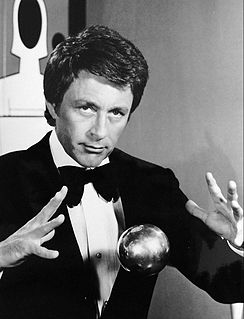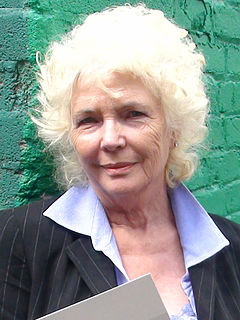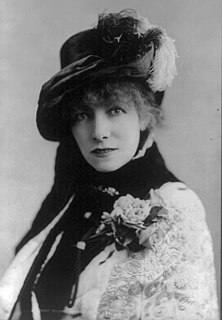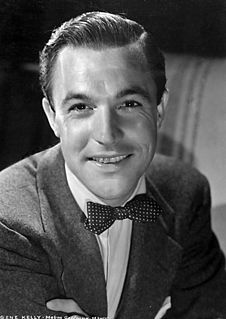A Quote by Bill Bixby
The male image has been so pulled down by situation comedy in the last 15 years, it is frightening. I don't like what has happened to the American male.
Related Quotes
The bonding of women that is woman-loving, or Gyn/affection, is very different from male bonding. Male bonding has been the glue of male dominance. It has been based upon recognition of the difference men see between themselves and women, and is a form of the behaviour, masculinity, that creates and maintains male power… Male comradeship/bonding depends upon energy drained from women.
Pornography reveals that male pleasure is inextricably tied to victimizing, hurting, exploiting; that sexual fun and sexual passion in the privacy of the male imagination are inseparable from the brutality of male history. The private world of sexual dominance that men demand as their right and their freedom is the mirror image of the public world of sadism and atrocity that men consistently and self-righteously deplore. It is in the male experience of pleasure that one finds the meaning of male history.
A Christian woman's true freedom lies on the other side of a very small gate...humble obedience...but that gate leads out into a largeness of life undreamed of by the liberators of the world, to a place where the God-given differentiation between the sexes is not obfuscated but celebrated, where our inequalities are seen as essential to the image of God, for it is in male and female, in male as male and female as female, not as two identical and interchangeable halves, that the image is manifested.
'Friends With Benefits': it feels like a two-hander to me, but it is a big movie, and this is the first straightforward male I've been able to play. I would describe my character in 'The Social Network' as a kind of sociopath. I would describe my character in 'Bad Teacher' as... just a weirdo. But this is a male's male.



































